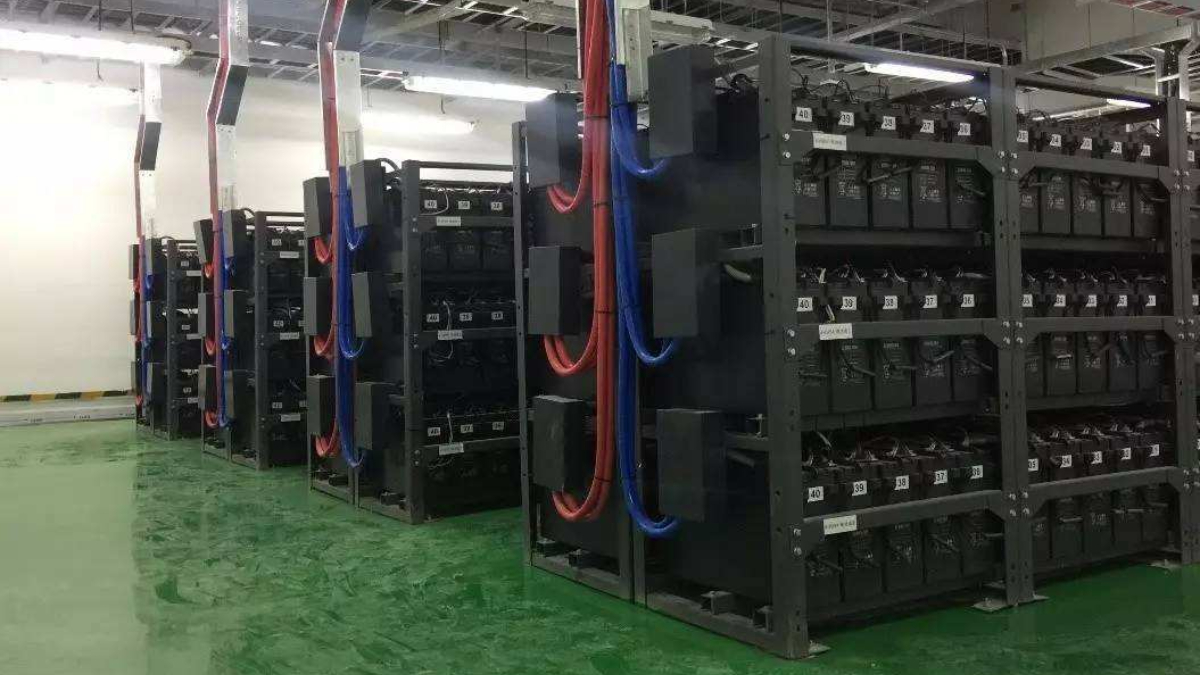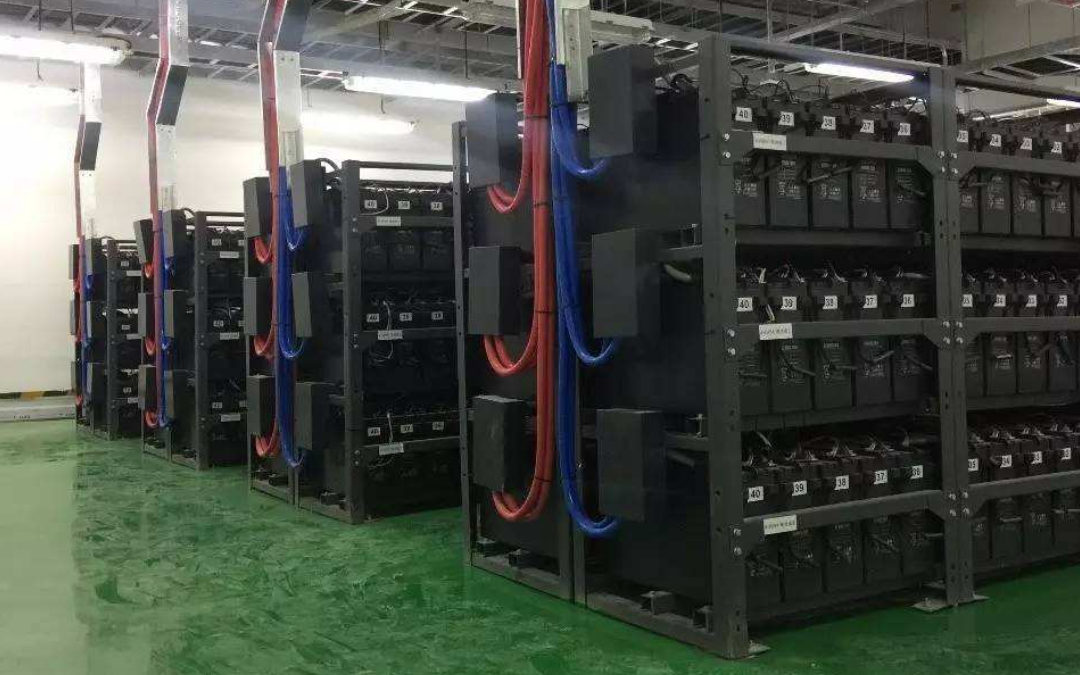Uninterruptible Power Supply (UPS) batteries are a crucial component in safeguarding your electronic devices from power disruptions. Whether you’re protecting your home office equipment or ensuring continuous operation in a business setting, selecting the right UPS battery is paramount. In this guide, we’ll walk you through the key considerations to help you choose a suitable UPS battery that aligns with your specific requirements.

Determine Your Power Needs:
Assess the total power consumption of the devices you want to protect with the UPS. Calculate the wattage to determine the appropriate capacity for your UPS battery.
Battery Type:
UPS batteries come in different types, with the most common being Valve-Regulated Lead-Acid (VRLA) and Lithium-ion. VRLA batteries are cost-effective and suitable for smaller setups, while lithium-ion batteries offer longer lifespan and higher energy density.
Runtime Requirements:
Consider how long you need your devices to run on battery power during a power outage. UPS batteries are available in various capacities, and selecting the right one ensures your equipment stays operational until power is restored or until you can shut down systems safely.
Scalability:
Choose a UPS battery system that allows for easy scalability. If your power needs increase in the future, having the option to add additional battery packs ensures your UPS system can grow with your requirements.
Compatibility with UPS Model:
Ensure that the UPS battery you choose is compatible with your specific UPS model. Different UPS units may have different voltage and connection requirements, so it’s crucial to match the battery with your existing or planned UPS system.
Maintenance Requirements:
Consider whether you prefer a maintenance-free UPS battery or if you are comfortable with periodic maintenance tasks. Some batteries may require occasional checks and maintenance, while others are sealed and maintenance-free.
Charging Time:
Evaluate the UPS battery’s charging time, especially if you experience frequent power outages. Faster charging times ensure that the battery is ready for the next outage quickly.
Temperature Considerations:
Take note of the recommended operating temperature range for the UPS battery. Extreme temperatures can impact battery performance, so choosing a battery that suits your environmental conditions is essential.
Conclusion:
Choosing a suitable UPS battery involves assessing your power needs, considering battery types, and ensuring compatibility with your UPS system. By taking these factors into account, you can invest in a reliable UPS battery that provides uninterrupted power and protection for your valuable electronic equipment. Make an informed decision, and empower your devices with the assurance of continuous power.
